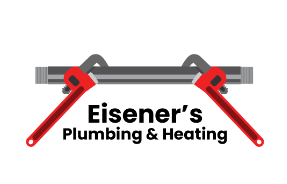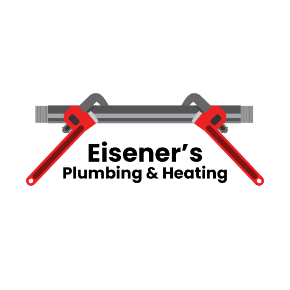As the days grow shorter and the temperatures drop, it’s time to prepare your home for the upcoming winter season. Winterizing your home isn’t just about keeping warm; it’s also about protecting your plumbing and heating systems to avoid costly repairs. In this blog post, we’ll guide you through the essential steps to winterize your home, from safeguarding your pipes to ensuring your heating system is in tip-top shape.
Insulate Your Pipes:
One of the most crucial steps in winterizing your home is insulating your pipes. Frozen pipes can lead to costly water damage. Here’s what you can do:
- Wrap exposed pipes with insulation sleeves or heat tape.
- Seal any gaps or cracks in your home’s foundation or walls to prevent cold air from reaching your pipes.
Drain Outdoor Faucets and Hoses:
Outdoor faucets and hoses are susceptible to freezing and bursting. Before the first frost, be sure to:
- Disconnect and drain garden hoses.
- Shut off the outdoor water supply and drain the faucet.
Service Your Heating System:
Your heating system will be your best friend during the cold months. Ensure it’s ready to perform optimally:
- Schedule a professional inspection and tune-up for your furnace or boiler.
- Replace air filters to ensure efficient heating.
- Check for any unusual noises or odors coming from the heating system.
Seal Leaks and Drafts:
Prevent warm air from escaping and cold air from entering your home by:
- Applying weatherstripping to doors and windows.
- Adding insulation to your attic and crawl spaces.
- Sealing gaps around pipes and vents that lead to the exterior.
Protect Your Water Heater:
Maintain your water heater to ensure hot showers all winter long:
- Drain and flush the tank to remove sediment buildup.
- Check for leaks and insulate exposed pipes connected to the water heater.
Prepare an Emergency Kit:
In case of power outages or severe weather, it’s wise to have an emergency kit ready. Include items like flashlights, batteries, blankets, and non-perishable food.
Schedule a Plumbing Check-Up:
Before winter hits hard, consider having a professional plumber inspect your plumbing system. They can identify potential issues and make necessary repairs to prevent frozen pipes and leaks.
Keep a Backup Heat Source:
In case your primary heating system fails, having a backup heat source like a space heater can provide temporary warmth while you await repairs.
Winterizing your home is a proactive measure to keep your family comfortable and your property safe during the winter months. If you have any questions or require professional assistance with winterizing your home, don’t hesitate to contact us.


